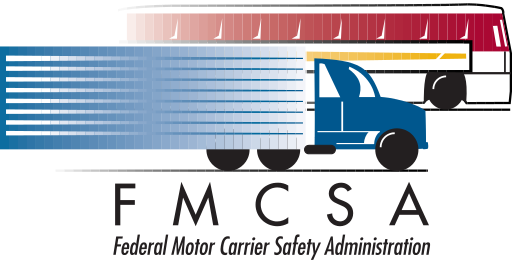Trucker Shortage
April 1, 2014
For the last few years, we have seen a dramatic trucker shortage. Why? Well, there are many reasons – far too many reasons – but we’ll just go ahead and focus on a few of them right now:
- First of all, the baby boomers are retiring. The trucker population is made up of aging drivers who are ready to retire and enjoy their golden years.
- Younger drivers are becoming discouraged. The trucking industry has a reputation for rough, cowboy-spirited outlaws that don’t like to follow the rules and are fiercely independent. As a result, the profession tends to attract less-than-professional drivers who think they can get away with drinking and smoking, breaking the law, and driving recklessly. At the same time, increased supervision, drug tests, background checks and law enforcement are cracking down on these young rule-breakers and forcing many drivers out of the industry.
- Increased regulation is causing seasoned drivers as well as new recruits to become disgruntled, even if they are the stand-up, law-abiding type. New laws are placing a greater burden on drivers, and as a result, many truckers are facing fines for things that are out of their control. For example, it’s just about impossible to avoid driving over hours when there is no parking available, or driving over the weight limit when the supplier has no scale available.
- Working conditions are another part of the equation. Low pay, tough schedules, poorly maintained vehicles, bad bosses and generally difficult working conditions are causing many to leave the profession.
- Finally, fracking is becoming a major factor. The energy boom has consumed what is left of the trucking industry and increased the effects of the driver shortage.
These are all important issues to think about for the next generation of truckers. If you are about to join a truck driving school, then be sure to discuss these problems with your instructors, future employers and industry leaders. At least with this current lack of truck drivers, you’re sure to be able to find a job, and maybe even negotiate higher pay and better working conditions.

Trucking Moves America Forward
March 28, 2014
A new campaign aims to improve the image of America’s truckers. The “$5 Million Facelift” called Trucking Moves America Forward is quickly gaining support, with both the ATA (American Trucking Association) and the OOIDA (Owner Operator Independent Drivers Assocaition) hopping on board. See the full story here:
http://www.thetruckersreport.com/the-5-million-facelift-for-trucking/

FMCSA Tries to Prevent Driver Harassment
March 27, 2014
The FMCSA’s recent proposal mandating Electronic On Board Recorders (EOBRs) also includes a list of safeguards to prevent the legislation from being used to harass drivers. The safeguards include an explicit ban on harassment, drivers rights to access their own records, ability to file complaints, stronger penalties to prevent harassment, ability to silence device when off duty, right to edit logs, limited tracking of vehicle location, and personal data privacy.
Many drivers are outraged by the mandated EOBRs due to the potential for carriers to use them unethically, however these safeguards may help prevent harassment.

The FMCSA’s E-Log Mandate
March 23, 2014
On March 13, the FMCSA released its official proposal to improve safety and reduce the paperwork burden for both truck drivers and fleet managers. Read the full story here:
http://eobr.com/eobr-news/eobr-mandate/e-log-mandate-trucking-industry-takes-another-step-forward/
